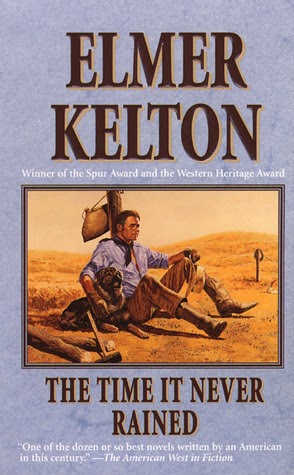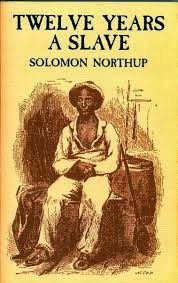Books from 2014
A Year in Review
Tom -
1493, by Charles Murray,
The story is about the early heisory of the post colonial, post Columbus in Mexico City.
World issues are integrated such as malaria that infected ihe native Inedians - the perspecives that we really didn’t hear about in our histyr.
Forgotten Fires, based on a paper by Omar Stuart
This book was neglected for long time. The content features how fire affected lives all over the world. The burn cycle - controlled burns - prove to be healthy for the land.
The Forest Unseen, by
He stakes out a portion of land - and calls it his mandala. He visits throughout the year, and records and reports a great deal of information from this one meter square of land, a micro-universe under scrutiny.
Durren -
A Heart Blown Open, Dennis Kelly, biography
The transition of Buddha from the east to the west. Koan - Zen riddles - what is the sound of one hand clapping? These answers come from unattachment. This zen masters uses Koans in a way that intrigues Durren. The story is a narrative - about a person who travels a challenging life of crime and drugs, but lands in the life of a zen master. The shape of the book is unique.
Flavia De Luce novels, by Alan Bradley
Light and entertaining fun with deep topics sure to tantalize. Seven novels in total are well written and fun. It is set in a village in England.
Brad -
The complete series of Game of Thrones, by George R.R. Martin
If you read all five of the books - you are still not through. There are 2 additional books coming out. Well written and compelling - dark but fascinating. Tolkein was more alegory, and you knew how it was probably going to end - but not so in the Game of Thrones. The details of everyting is bright - the descriptions are incredible.
Vickie -
Carol Dweck who has written the book, Mindset, provides the proposal that people choose to use a fixed or growth mindset. The chapters focus on how this perspective effects education, business, sports and relationships. Several YouTube videos feature her work, but the book is highly recommended.
Jonna-
Such a Long Journey, by Rohinton Mistry
Religion and culture of India is depicted in a story centered around a man who is politically conservative. Gustav comes from a very cultured background with wealth, but ends up in a tenement building. The story covers a variety of experiences - explicit descriptions and compelling storyline.
Paul -
How to be Both, by Ali Smith
A painter is living as an immortal being - telling a story about a boy who is looking at her painting - from the future.
Jonna -
The Meaning of Darkness, and The Glass of Time (sequal) by Michael Cox, which centers on a man who lost his birthright in England. It is almost fantasy (nothing supernatural) - but it more an aristocratic thriller.
Trudy -
Rabid, by Bill Wasick and Monica Murphy, is about the disease, which affects humanity massively. 2/3rds of the book takes place before the vaccine for rabies, and then how people get a grip on the disease. It pits the relationship between humans and disease - fascinating read.
Sky -
Dog Songs, by Mary Oliver is a celebration of poetry about the relationships between human and dogs. Drawings are included. An essay is also included. Skye lost her dog this year, and when she read these poems found an honesty in the meaning of life in our relationship with dogs.
Our World, by the same author, is a great book with photography by her partner, Molly. She describes how she learned to see her dogs through new eyes.















